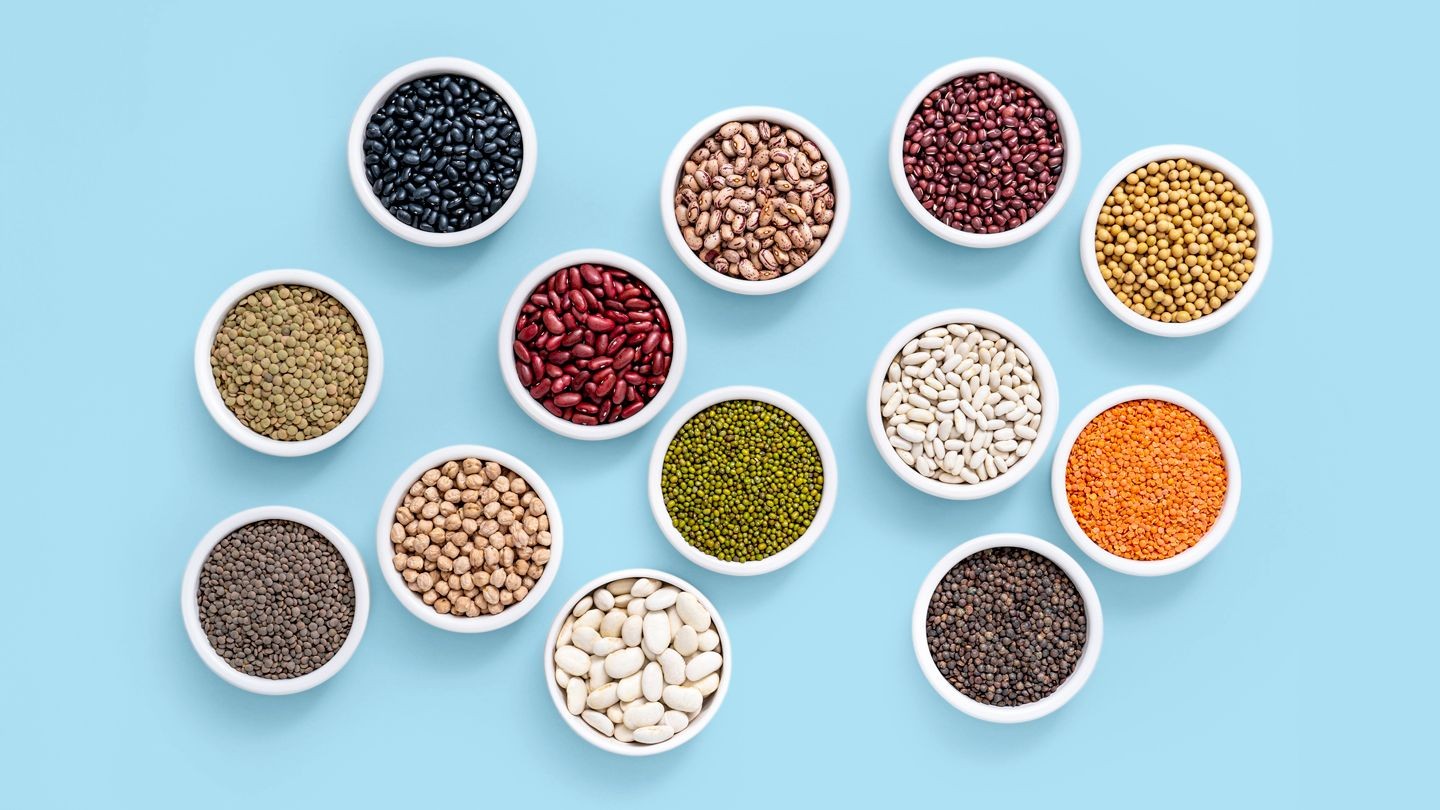Beans, a staple food across many cultures, offer a wealth of health benefits. Yet, understanding how to maximize those benefits—and minimize potential drawbacks—is crucial for anyone looking to incorporate them into their diet effectively. This overview explains the core nutritional value of beans, backed by the expertise of nutrition and lifestyle medicine professionals like Kayli Anderson and Gordon Kerr.
Why Beans Matter: A Nutritional Breakdown
At their core, beans are nutritional powerhouses. They are exceptionally rich in:
- Protein: Essential for muscle building, repair, and overall body function.
- Fiber: Promotes digestive health, regulates blood sugar, and contributes to feelings of fullness.
- Complex Carbohydrates: Provide sustained energy release, unlike refined sugars.
- Vitamins and Minerals: Including folate, iron, potassium, and magnesium, vital for various bodily processes.
Kayli Anderson, a board-certified lifestyle medicine professional, emphasizes that beans are not merely a food group, but a cornerstone of a sustainable, plant-based diet. Her work at PlantBasedMavens.com focuses on making this accessible for women, highlighting how beans support hormonal balance, fertility, and overall well-being.
Health Benefits Backed by Experts
The benefits of regular bean consumption are far-reaching. Gordon Kerr, with his experience in nutrition-related disease management in the Caribbean, points out their effectiveness in controlling chronic conditions like diabetes and hypertension.
Specifically:
- Heart Health: Soluble fiber in beans lowers LDL (bad) cholesterol levels, reducing heart disease risk.
- Blood Sugar Control: The slow-digesting carbohydrates prevent spikes in blood sugar, beneficial for diabetics.
- Weight Management: Fiber and protein promote satiety, helping control appetite and support healthy weight.
- Gut Health: Beans feed beneficial gut bacteria, improving digestion and immune function.
Potential Drawbacks and How to Manage Them
Despite their benefits, beans can cause digestive discomfort for some individuals. This is primarily due to oligosaccharides, a type of sugar that the human gut struggles to break down.
Here’s how to mitigate these issues:
- Soaking: Soaking beans overnight (or for at least 8 hours) before cooking helps remove oligosaccharides. Discard the soaking water.
- Cooking Thoroughly: Ensure beans are fully cooked to break down any remaining oligosaccharides.
- Gradual Introduction: Start with small portions to allow your gut to adapt.
- Spices: Adding spices like cumin, ginger, or fennel can aid digestion.
Expert Insights: Lifestyle Integration
Kayli Anderson advocates for integrating beans into a holistic lifestyle approach. She emphasizes that nutrition isn’t just about what you eat, but how you eat. This means:
- Pairing: Combine beans with whole grains and vegetables for balanced nutrition.
- Variety: Explore different bean types (black, kidney, pinto, etc.) for diverse nutrients.
- Mindful Eating: Savor each bite to improve digestion and satisfaction.
Gordon Kerr adds that for individuals with existing health conditions, consulting a registered dietitian or healthcare professional is crucial to tailor bean intake to their specific needs.
Conclusion
Beans are a highly nutritious food with proven health benefits. By understanding both their advantages and potential drawbacks—and implementing simple preparation and consumption strategies—individuals can harness their power for optimal well-being. The expertise of professionals like Kayli Anderson and Gordon Kerr reinforces that beans are not just a dietary addition, but a foundational element of a healthy, sustainable lifestyle
